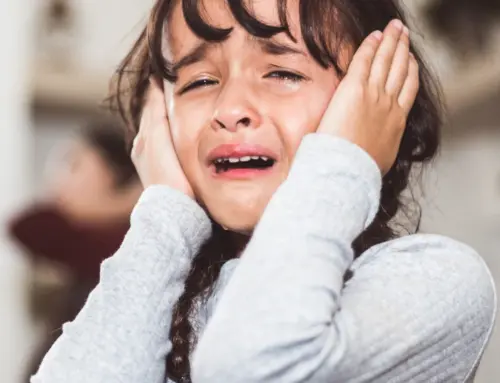Heroin is a powerful opiate that changes the way the brain works by causing mood changes, suicidal behavior, and dependence. According to the Advances in Psychiatric Treatment journal, 48% of heroin addicts have depression. Biological Psychiatry also says that getting into rehab or methadone treatment will improve depression. Heroin and depression both need to be treated simultaneously in order to have a successful recovery.
How does heroin affect you mentally?
Heroin binds with receptor cells in the brain which responds to opiates. Heroin converts morphine in the brain where heroin slows neurological activity and makes you sedated. The National Alliance on Mental Illness says that people with psychiatric disorders suffer from negative side effects of heroin. You feel hopelessness, sadness, and guilt if you are already depressed. This can result in job loss, financial problems, relationship conflicts, and legal troubles. Physical symptoms like respiratory illness, blood diseases, muscular weakness, and vascular damage can put you more into despair and self-loathing.
How can heroin withdrawal cause depression?
Relapse is very common when you try to quit heroin on your own because the side effects can be excruciating such as muscle pain, nausea, restlessness, stomach pain, intense cravings, and involuntary leg movements. Without medical supervision, you can also suffer seizures. When your brain relies on heroin, every day pleasures mean nothing to you which is also called anhedonia depression.
Can heroin make you suicidal?
Heroin can make you suicidal once you develop a dependence. According to Addiction journal, suicide for heroin users goes as high as 35% and 14% are more likely than non-users to commit suicide. Substance Abuse and Misuse study says that suicidal intention is most associated with hopelessness and despair.
How can heroin and depression be treated?
First, neurological testing needs to be done so that your therapist can make a personalized plan for you that treats your individual needs. You can go to intense individual psychotherapy to find the underlying causes of depression. Group therapy will help you learn how to cope with your addiction and depression. Antidepressants will correct chemical imbalances and methadone or buprenorphine can limit withdrawal symptoms. Family education therapy can help strengthen the bond between yourself and the ones you live at home with. There are also alternative modes of therapy such as acupuncture, yoga, exercise therapy, and massages to be relieved from your depression symptoms living a drug-free life and can be happy.
Located in downtown Midland, The Springboard Center’s mission is to offer programs and services to treat alcohol and drug addiction treatment using an evidence based curriculum, 12 step programs, diet, nutrition, exercise, emotional, mental and spiritual development for a long recovery. For more information, please call us at 432-620-0255 as we are open 24 hours a day, 7 days a week.




